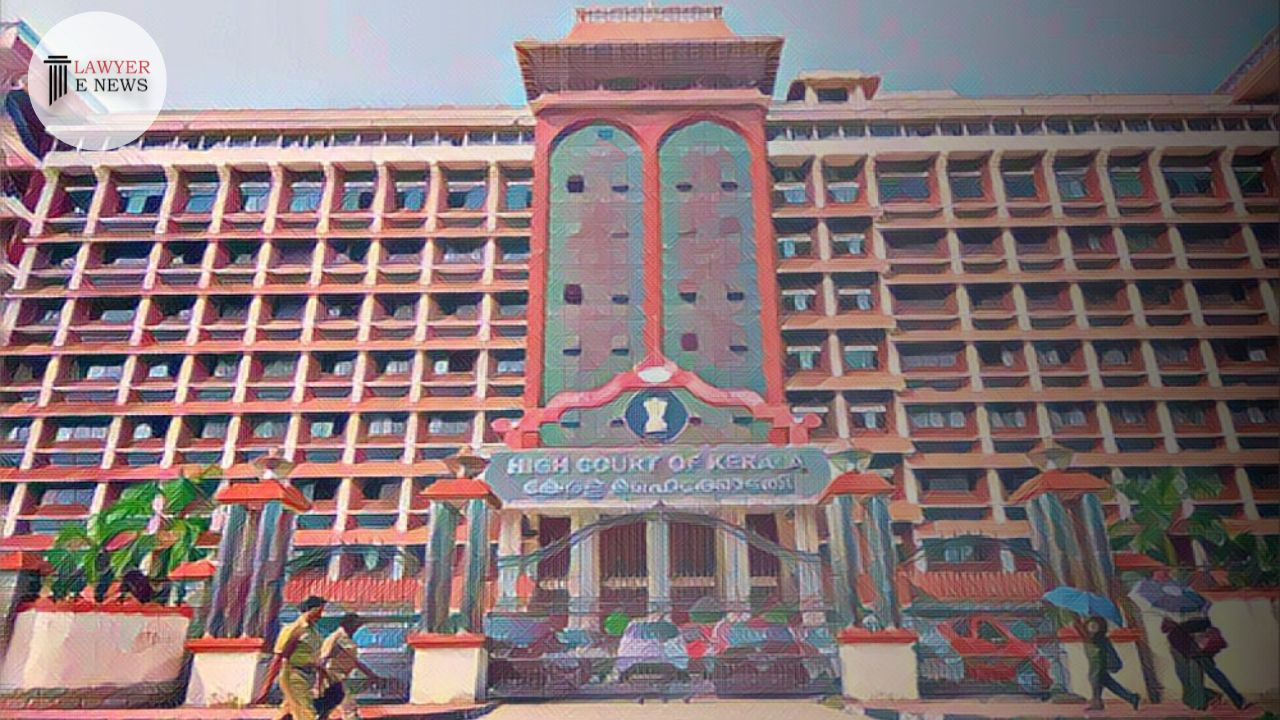-
by Admin
15 February 2026 5:35 AM



In a recent judgment, the Kerala High Court granted bail to Sanal, the sole accused in Crime No. 273/2024 under the Narcotic Drugs and Psychotropic Substances (NDPS) Act. The decision, rendered by Justice Mohammed Nias C.P., hinged on the quantity of the seized substance, the lack of prior criminal record, and the absence of any substantial risk of the accused absconding if released.
The case involves Sanal, a 37-year-old resident of Aluva, Ernakulam, who was apprehended by the police on 30th March 2024 while patrolling near a scrap shop on Nelson Mandela Road. The police, acting on suspicion, searched Sanal and discovered 8.25 grams of MDMA in his possession. He was subsequently arrested and remanded to judicial custody. The petitioner, represented by a legal team including Advocates Francis Assisi and Ajeesh S. Brite, sought bail on the grounds of false implication and undue detention.
Justice Mohammed Nias C.P. noted that the substance found constituted an intermediate quantity under the NDPS Act. He remarked, "The petitioner's prolonged custody since 30.3.2024, coupled with the absence of prior criminal antecedents, justifies consideration for bail."
The court addressed concerns regarding the potential flight risk posed by the accused. "There is no apprehension raised by the prosecution that if released on bail, the petitioner is likely to abscond," stated Justice Nias. This lack of prosecutorial concern significantly influenced the court's decision to grant bail.
The court's decision was underpinned by principles balancing the severity of the charge against the personal liberty of the accused. Justice Nias emphasized the importance of safeguarding individual freedoms while ensuring that justice is served. "Considering the intermediate quantity involved and the petitioner's clear criminal record, continued detention is unnecessary," he asserted.
The bail was granted under stringent conditions to ensure compliance and prevent any interference with the ongoing investigation. The conditions included:
Execution of a bond for Rs. 50,000 with two solvent sureties.
Mandatory weekly reporting to the investigating officer.
Prohibition against tampering with evidence or influencing witnesses.
Restriction on involvement in any criminal activities while on bail.
Justice Nias highlighted the legal rationale for granting bail, noting, "The petitioner's incarceration without substantial evidence of further criminal intent or risk of absconding undermines the principle of personal liberty."
The Kerala High Court's decision to grant bail in this NDPS case underscores a nuanced approach towards balancing legal enforcement with individual rights. By factoring in the intermediate quantity of the substance and the petitioner's lack of a criminal background, the judgment reflects a judicious application of the law. This ruling is likely to influence similar cases, emphasizing the judiciary's role in protecting personal freedoms while upholding legal mandates.
Date of Decision: 14th May 2024
SANAL VS STATE OF KERALA
